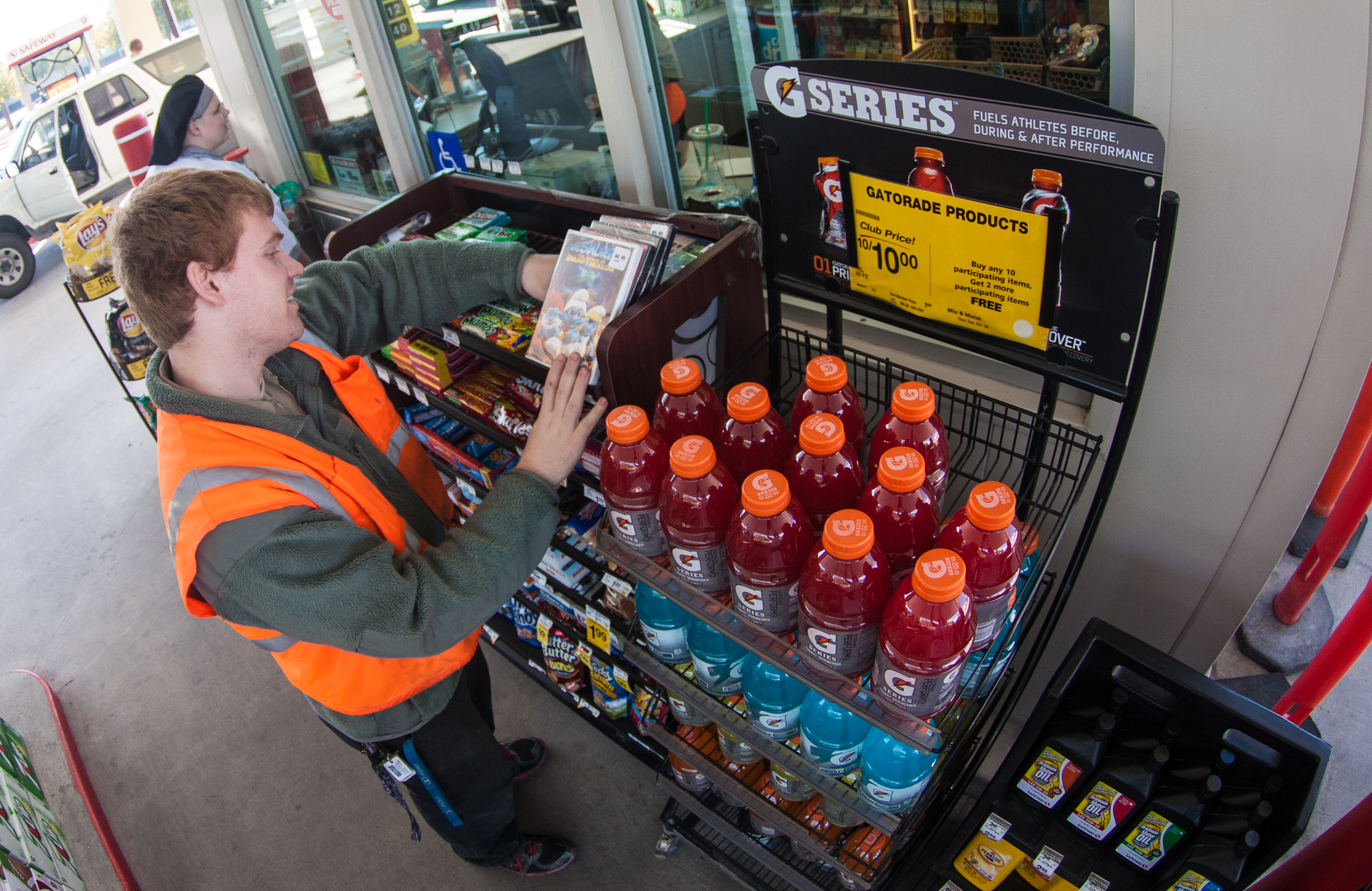Jeremy Logan
The Communicator
Corporations are people. At least, that’s how the US Supreme Court sees it. In the 1886 case of Santa Clara County v. The Southern Pacific Railroad, the Supreme Court ruled for the first time to grant corporations the same 14th amendment rights that were granted to citizens of the United States.
Since that time, around 20 US Supreme Court Decisions have gone in favor of corporate personhood.
The members of Spokane Moves to Amend the Constitution, or (SMAC) disagree with that decision. “Corporations are not people. They don’t breathe, they don’t live, they don’t vote. And they have no right to overwhelm our elections with corporate money.” SMAC’s website reads.
SMAC has been campaigning on the SFCC campus for signatures that they hope will make Washington the 17th state to tell their representatives that they want the 14th amendment to clearly exclude corporations from having the same protections that individual citizens have.
Mary Murphy is a local business owner and member of SMAC.
“We want them to amend the constitution to get the big money out of politics” Murphy said, “What the supreme court has said is that corporations are people which would give them unlimited free speech rights, and free speech means they would have unlimited amounts of money they can put into politics.”
The court has been divisive on matters in regards to the constitutional rights of the abundantly wealthy.
In January of 2010, under Chief Justice John G. Roberts Jr., the Supreme Court decided in favor of Citizens United in the case, Citizens United v. the Federal Election Commision.
The FEC regulations prevented Citizens United from airing a documentary film entitled Hillary: The Movie, which made accusations about Hillary’s ability to lead the country.
The act was put into place to prevent big corporations and labor unions from funding these types of communications, and required the disclosure of those responsible for funding such communications. This is so the people would know who was behind it and why.
Citizens United argued that these regulations were unconstitutional and violated their first amendment rights.
Divided in their understanding of the constitution and how it is applied to corporations, the court sided (5 – 4) in favor of Citizens United. This meant that corporations would have the ability to fund as many campaign ads as they were willing to spend the money on and that they had no legal obligation to disclose who was funding them.
Then on April 2, 2014, in yet another near split decision(5 – 4), the Supreme Court ruled to strike down limits on financial contributions to candidates and political committees.
Roberts writes in the court’s main opinion, “There is no right more basic in our democracy than the right to participate in electing our political leaders,” Roberts Continues, “We have made clear that Congress may not regulate contributions simply to reduce the amount of money in politics, or to restrict the political participation of some in order to enhance the relative influence of others.”
Justice Stephen G. Breyer read his dissent from the bench, “If Citizens United opened a door, today’s decision, we fear, will open a floodgate,” Breyer said. The ruling “overturns key precedents, creates serious loopholes in the law and undermines, perhaps devastates, what remains of campaign finance reform.”
The decision by the Supreme Court is the fifth since Roberts joined the court that decided agreeingly to constitutional arguments that challenge regulations on campaign spending.
This raises concern for Murphy and other SMAC members.
“The owner of the Venetian down in Las Vegas put $100,000,000 into the election.” Murphy said, “If I have $10 to give and this person has $100,000,000 to give, who are they going to listen to?”
Murphy and other members of SMAC were removed from the SFCC SUB Lounge due to lack of support from any on-campus student clubs. They were forced to continue their campaign for signatures in the library.
“I’ve never been able to find a group to sponsor us” Murphy said, “I’ve tried and tried and it is the only campus I haven’t been able to find a group.”
Before the Santa Clara County v. The Southern Pacific Railroad case corporations were considered a subordinate entity chartered by the states. They weren’t allowed to own other corporations, their shareholders were liable, and they were confined to whatever it is that they produced, or maintained, as a corporation.
The legal argument against this was that, each and every single shareholder was an individual protected under the 14th Amendment. According to the Library of Congress the 14th amendment, “granted citizenship to ‘all persons born or naturalized in the United States,’ which included former slaves recently freed. In addition, it forbade states from denying any person ‘life, liberty or property, without due process of law.’”
SMAC will continue to campaign on campus and attempt to gain signatures for their cause, even with the lack of support from current student groups.

